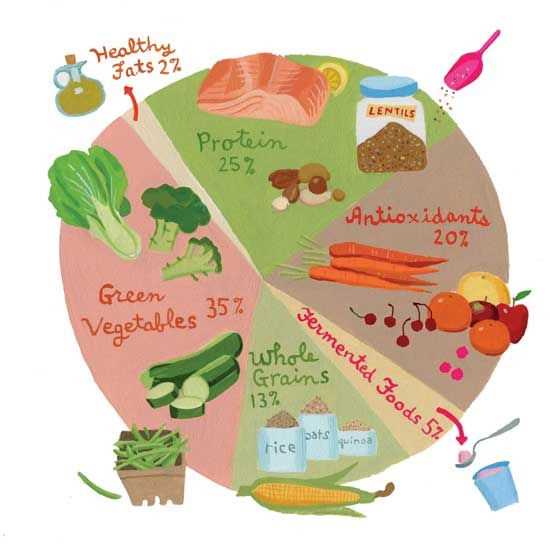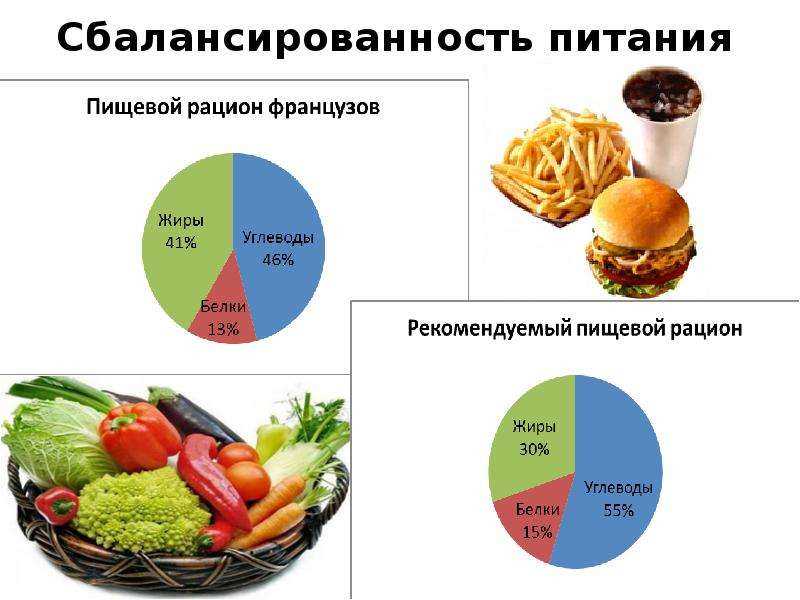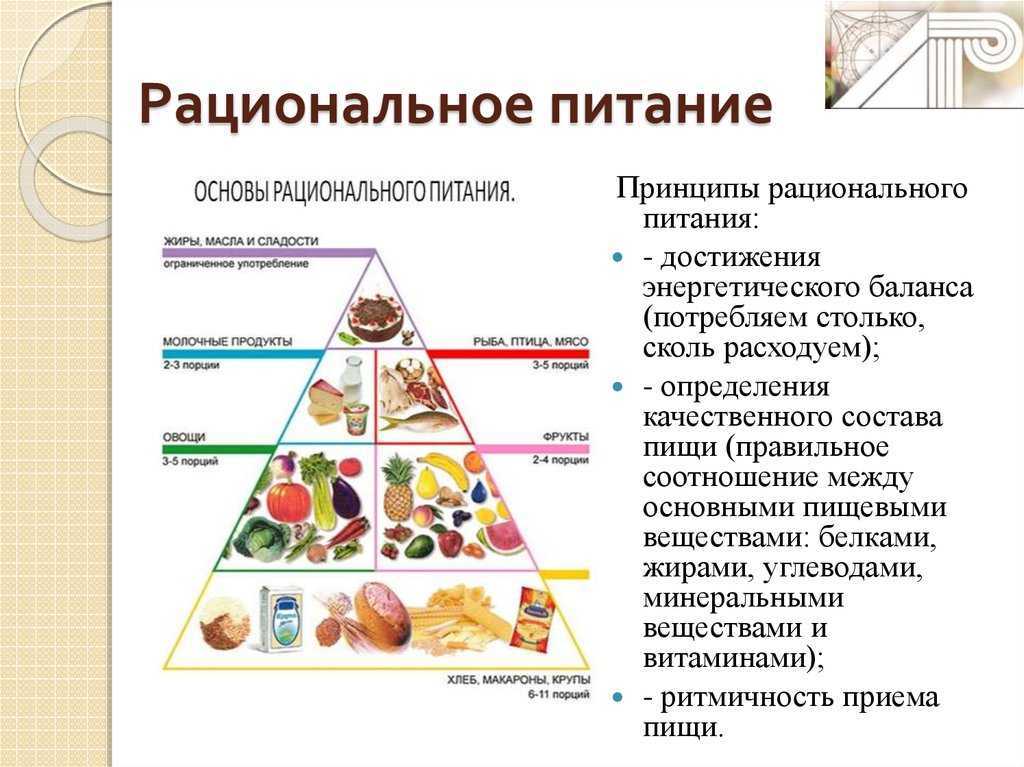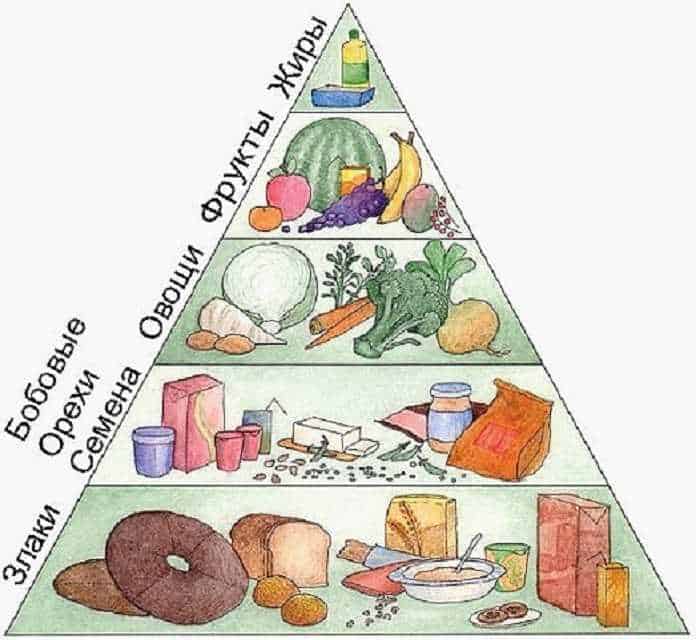
Butterflies are beautiful creatures that not only delight the eye with their beauty, but also play an important role in the ecosystem. One of the most interesting and useful functions of butterflies is their influence on the nutrition and nutritional value of plants. They act as pollinators, helping plants reproduce and providing them with diversity and nutrient richness.
Pollination is the process by which pollen is transferred from one plant to another, resulting in fertilization and the formation of fruits and seeds. Butterflies are one of the main pollinators in nature. Their bright colors and unique anatomical structure attract insects that carry pollen from one flower to another.
But the role of butterflies in plant nutrition is not limited to pollination. They are also an important link in the food chain. Butterfly larvae - caterpillars - feed on the leaves of plants, which helps to maintain their growth and development. In turn, plant leaves are rich in nutrients such as vitamins, minerals, antioxidants, and fiber.
Unique benefits of butterflies for the body

Butterflies are not only beautiful and graceful creatures, but also a valuable source of nutrients for our body. Eating them brings us many unique benefits.
1. Rich in vitamins and minerals

Butterflies contain many vitamins and minerals necessary for maintaining health. B vitamins contained in butterflies contribute to the normalization of metabolism and improve the functioning of the nervous system. They are also rich in vitamins A, C and E, which help to strengthen the immune system and improve the condition of the skin and hair.
2. High protein content
Butterflies are an excellent source of protein, which is a building material for the body. Protein contains all the essential amino acids that help restore and strengthen muscles, and also contribute to the normalization of metabolism.
3. Rich Source of Healthy Fatty Acids
Butterflies contain beneficial fatty acids such as omega-3 and omega-6, which are important for heart and vascular health. They help lower blood cholesterol levels, improve brain function and maintain normal blood pressure.
In general, eating butterflies is a great way to add a variety of nutrients to your diet. However, before eating butterflies, it is recommended that you consult with your doctor or nutritionist to ensure they are safe and suitable for your individual needs.
Butterflies as a source of protein

Butterflies are an important source of protein in the diet of some animals and birds. Protein is an essential nutrient for the growth and development of the body, as well as for maintaining the health and function of organs.
young butterflies, also known as caterpillars, contain high levels of protein, which is a major food source for many birds and insectivores. Protein allows them to get energy and building materials for the growth and development of their body.
Some kinds of birds, such as tits, jays, and flycatchers, rely heavily on butterflies for their diet. They use their sharp-toothed beaks to catch and eat caterpillars, obtaining important nutrients including protein.
Butterflies also play an important role in the food chain cycle and ecosystem. They serve as a food source for other insects such as spiders and ants, which are also important components of biodiversity and natural balance in nature.
Rich set of vitamins, minerals and antioxidants

Butterflies are a rich source of vitamins, minerals and antioxidants that play an important role in maintaining a healthy and balanced diet. Vitamins such as vitamin C, vitamin E, and vitamin B12 are found in the nectar that butterflies feed on.
Minerals such as iron, magnesium and calcium are also found in the food that butterflies consume. These minerals are essential for the normal functioning of the body, including supporting bone and muscle health.
Antioxidants such as carotenoids and flavonoids are also present in the diet of butterflies. They help protect body cells from free radicals and prevent the development of various diseases.
Due to their varied diet, butterflies can be a valuable source of nutrients for humans. Including foods rich in vitamins, minerals, and antioxidants in your diet can help maintain health and boost your immune system.
Butterflies and their role in digestion

Butterflies are one of the most important participants in the digestive system. They perform the role of pollinators of plants, which contributes to the reproduction of many plant species. Butterflies are also important members of the food chain as they serve as a food source for many animals.
In the process of digestion, butterflies use their proboscis to absorb nectar from flowers and juices from fruits. They can also absorb mineral salts and other nutrients from the soil and rotten vegetation. Butterflies have a special ability to break down complex compounds such as cellulose due to the presence of special enzymes in their digestive system.
Butterflies play an important role in dispersing plant pollen, which aids in pollination. They also help in the process of seed dispersal, as they absorb the fruits of plants and carry them over long distances. Thanks to this, butterflies contribute to the diversity of plants and the maintenance of the ecosystem in balance.
Research shows that many species of butterflies are indicators of the state of the environment. Changes in their populations may indicate problems in the ecosystem, such as air pollution or loss of habitat. Therefore, the conservation and protection of butterflies is an important task for maintaining biological diversity and ecological balance.
Improving metabolism thanks to butterflies

Butterflies play an important role in improving the body's metabolism. They perform the function of pollinators, transferring pollen from one flower to another, which contributes to pollination and the formation of fruits. This process is an integral part of the life cycle of many plants and allows them to reproduce and develop.
The pollination carried out by butterflies not only promotes the reproduction of plants, but also ensures the formation of a variety of food chains in nature. When butterflies visit flowers, they feed on nectar and carry pollen from one flower to another at the same time. This allows plants to pollinate and form seeds or fruits, which then become food for other organisms.
Thanks to butterflies, a variety of food chains are formed in nature, which play an important role in the nutrition of various animals. Butterflies themselves serve as food for birds, lizards, frogs and other predators. In addition, fruits and seeds, formed by pollination by butterflies, become the main food for many birds, rodents and insectivorous animals.
Thus, the improvement of metabolism in the body is achieved due to the role of butterflies in the pollination of plants and the formation of fruits. Butterflies play an important role in the formation of food chains in nature, providing food for many animals. Their presence in the ecosystem is necessary to maintain the balance and diversity of the natural world.
Butterflies and healthy fats
Butterflies are important sources of healthy fats, which are essential for maintaining a healthy body. These fats contain many essential nutrients, such as omega-3 and omega-6 fatty acids, which play an important role in various biological processes.
Omega 3 fatty acids are one of the key components of healthy fats found in butterflies. They play an important role in maintaining heart and vascular health, reducing inflammation, improving brain function, and maintaining healthy skin.
Omega 6 fatty acids are also an important component of the healthy fats found in butterflies. They help maintain healthy skin, regulate inflammation in the body, and improve immune system function.
Getting enough healthy fats from butterflies can help you maintain a balanced diet and provide your body with the nutrients it needs. Including butterflies in your diet can be especially beneficial for vegetarians and vegans looking for alternative sources of animal fats.
Butterfly regulation of blood sugar levels

Butterflies play an important role in the regulation of blood sugar levels. They are reliable intermediaries between plants and animals, providing the transfer of nutrients, including sugars. Butterflies are attracted to flowering plants where they feed on nectar containing sugars.
One of the key factors that allows butterflies to regulate their blood sugar levels is their ability to select certain types of flowering plants. Some plants contain low levels of sugars while others are rich in them. Butterflies, thanks to their developed sense of smell and vision, can determine which plants contain the sugars they need.
In addition, butterflies can absorb and store sugars in their bodies. They have a special organ called the cephalic sensory organ that allows them to process sugars and use them as an energy source. In this way, butterflies can regulate their blood sugar levels to keep them at optimal levels.
It is important to note that butterflies not only regulate the level of sugar in their bodies, but also affect the balance of nutrients in the ecosystem as a whole. They act as plant pollinators, carrying seeds and pollen from one plant to another. Thus, butterflies contribute to the diversity of the plant world and the maintenance of ecological balance.
Butterflies and a variety of enzymes

Butterflies play an important role in maintaining the diversity of enzymes in nature. Enzymes are proteins that are involved in the chemical reactions of the body. They serve as catalysts, speeding up chemical processes and allowing organisms to use nutrients efficiently.
Butterfly wings contain a variety of enzymes that help them get energy from food. For example, enzymes such as amylase and lipase break down carbohydrates and fats, making them available for absorption by the body. This allows butterflies to receive the necessary nutrients for growth and development.
In addition, enzymes play an important role in the digestive system of butterflies. They help break down food into smaller molecules that can be absorbed by the body. The enzymes also help process toxic substances that may be present in the plants that the butterflies feed on.
The diversity of enzymes in butterflies is also related to their diversity in nutritional preferences. Different types of butterflies feed on different plants and their enzymes are adapted to different types of food. For example, some butterflies can only feed on certain types of plants, and their enzymes are specialized to break down and absorb the nutrients found in those plants.
Butterflies and strengthening the immune system

Butterflies can play an important role in strengthening the human immune system. First, they are a source of beneficial substances that can help the body fight infections and diseases. Secondly, butterflies can serve as an indicator of the quality of the environment, their presence can indicate the absence of pollution and good conditions for human life.
Butterflies can be a rich source of vitamins and mineralswhich are essential for maintaining a healthy immune system. Some types of butterflies are high in vitamin C, which is known for its antioxidant properties and ability to boost the immune system. Butterflies can also be a rich source of B vitamins, iron and zinc, which are also important for maintaining immunity.
Butterflies can serve as an indicator of environmental quality. They are sensitive to changes in the ecosystem and can respond to air, water and soil pollution. If butterflies disappear or decline in a certain area, this may indicate an environmental problem that could adversely affect a person's health and immune system.
The influence of butterflies on psychological well-being
Butterflies are one of the most beautiful and ephemeral creatures of nature. Their bright wings, varied colors and graceful movement attract attention and evoke positive emotions in people. This impact on psychological well-being cannot be underestimated.
Butterfly watching can help people relieve stress and improve their mood. Their smooth and graceful movements create an atmosphere of calm and harmony. At the same time, watching butterflies can become a kind of meditation, helping to focus and distract from everyday problems.
Butterflies are also associated with change and transformation. Their life cycle, starting from a caterpillar, turning into a chrysalis and then turning into a beautiful butterfly, symbolizes the opportunity for growth and development. Watching this process can inspire people to change their lives and overcome difficulties.
In addition, butterflies are often associated with travel and freedom. Their ability to fly and explore new places can inspire people to adventure and fulfill their dreams. This can be especially helpful for those who experience feelings of narrowness and limitations in their lives.
In this way, butterflies can have a positive effect on the psychological well-being of people. Their beauty and symbolism can be a source of inspiration, comfort and meaning in life. Therefore, it is recommended to take the time to observe these amazing creatures and enjoy their presence in the environment.






